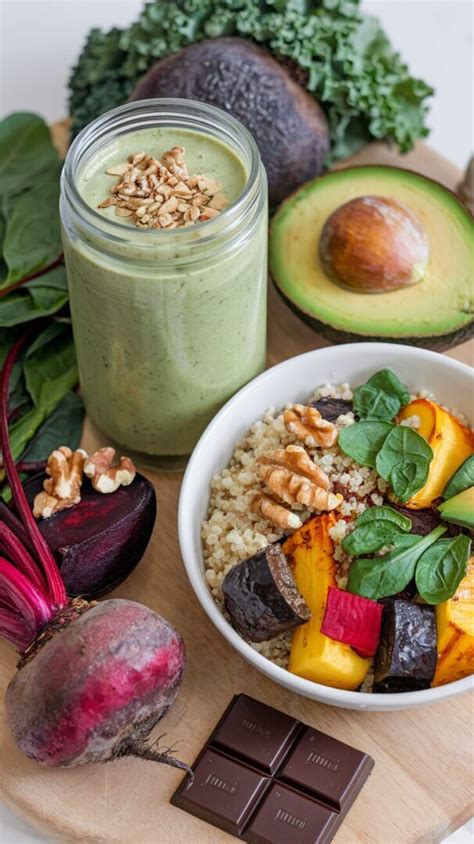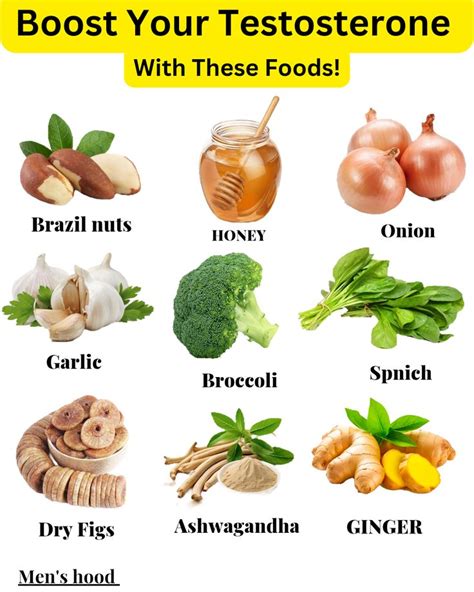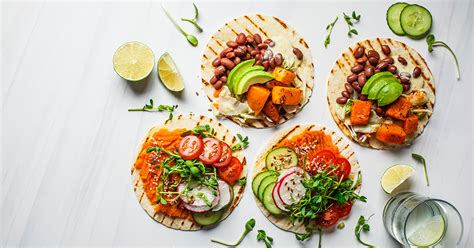How to boost natural testosterone via diet for peak male performance?

Understanding Testosterone and Its Importance
Testosterone, often hailed as the king of male hormones, plays a pivotal role far beyond just sex drive and muscle mass. Optimal testosterone levels contribute to energy, mood stability, cognitive function, bone density, and cardiovascular health. While various factors influence hormone balance, diet stands as one of the most powerful and accessible levers you can pull to naturally optimize your testosterone production.
Many men experience a gradual decline in testosterone as they age, but lifestyle choices, particularly nutrition, can significantly impact this trajectory. By focusing on a nutrient-dense diet, you can create an internal environment conducive to robust hormone synthesis, leading to improved physical and mental performance.

Macronutrient Mastery: The Foundation of Hormone Health
The balance of fats, proteins, and carbohydrates in your diet is fundamental to testosterone production. Drastic diets that cut out entire macronutrient groups can be detrimental to hormone balance.
Healthy Fats: Non-Negotiable for Testosterone
Cholesterol, derived from dietary fats, is the precursor to testosterone. Restricting healthy fats can severely hinder your body’s ability to produce this vital hormone. Focus on monounsaturated and saturated fats in moderation.
- Sources: Avocados, olive oil, nuts (almonds, walnuts), seeds (chia, flax), fatty fish (salmon, mackerel), egg yolks, and lean red meat.
Quality Protein: Building Blocks for Everything
Adequate protein intake is essential for overall health, muscle synthesis, and supporting a healthy body composition, which indirectly aids testosterone. Aim for high-quality, complete proteins.
- Sources: Grass-fed beef, poultry, fish, eggs, dairy, and legumes.
Smart Carbohydrates: Fueling Performance
While often demonized, carbohydrates are crucial for energy and can impact testosterone. Chronic low-carb diets, especially combined with intense training, can elevate cortisol (a stress hormone), which can suppress testosterone. Opt for complex carbohydrates.
- Sources: Whole grains (oats, quinoa, brown rice), sweet potatoes, fruits, and vegetables.

Key Micronutrients for Testosterone Synthesis
Beyond macronutrients, specific vitamins and minerals act as cofactors in the complex process of testosterone production.
Zinc: The Essential Mineral
Zinc is critically involved in regulating serum testosterone levels. Deficiencies are often linked to lower testosterone.
- Sources: Oysters (exceptionally high), red meat, poultry, beans, nuts, and whole grains.
Vitamin D: The Sunshine Hormone
Often referred to as a hormone itself, Vitamin D has a strong correlation with testosterone levels. Sun exposure is the primary source, but dietary intake is also important.
- Sources: Fatty fish (salmon, tuna), fortified milk and cereals, egg yolks, and some mushrooms.
Magnesium: The Muscle and Hormone Supporter
Magnesium plays a role in hundreds of enzymatic reactions, including those related to testosterone synthesis. It can also improve sleep quality, which is vital for hormone regulation.
- Sources: Leafy green vegetables (spinach, kale), nuts (almonds, cashews), seeds (pumpkin, chia), legumes, and whole grains.

Foods to Embrace for Natural Testosterone Boost
Incorporating these nutrient powerhouses into your daily diet can make a significant difference:
- Fatty Fish: Salmon, mackerel, and tuna are rich in Vitamin D and Omega-3 fatty acids, both beneficial for hormone health.
- Egg Yolks: A cholesterol powerhouse, providing healthy fats, Vitamin D, and protein.
- Oysters: Arguably the best dietary source of zinc, crucial for testosterone.
- Lean Beef: A great source of protein, zinc, and Vitamin D. Opt for grass-fed options.
- Cruciferous Vegetables: Broccoli, cauliflower, cabbage, and Brussels sprouts contain compounds that help regulate estrogen levels, which can indirectly support testosterone.
- Berries and Fruits: Rich in antioxidants, they combat oxidative stress that can impair hormone production.
- Nuts and Seeds: Provide healthy fats, zinc, magnesium, and other micronutrients.
- Garlic: Contains allicin, which may help lower cortisol and improve testosterone.

Foods and Habits to Limit or Avoid
Just as important as what you eat is what you avoid or minimize:
- Processed Foods: Often high in unhealthy fats, sugar, and sodium, which can contribute to inflammation and insulin resistance, negatively impacting hormones.
- Excess Sugar: High sugar intake can lead to insulin resistance and weight gain, both linked to lower testosterone.
- Trans Fats: Found in many fried and processed foods, these fats are detrimental to overall health and hormone balance.
- Excessive Alcohol: Chronic heavy alcohol consumption can directly impair testicular function and increase estrogen.
- Soy Products (in excess): While moderate consumption is generally fine, very high intake of soy isoflavones might have estrogenic effects in some individuals.
Beyond Diet: A Holistic Approach
While diet is paramount, remember that it’s one piece of a larger puzzle. For peak male performance and optimal testosterone, integrate dietary changes with other healthy lifestyle habits:
- Regular Strength Training: Lifts heavy weights to stimulate testosterone release.
- Adequate Sleep: Aim for 7-9 hours of quality sleep per night, as testosterone is produced during deep sleep cycles.
- Stress Management: Chronic stress elevates cortisol, which suppresses testosterone. Practice mindfulness, meditation, or other stress-reducing activities.
- Maintain a Healthy Weight: Excess body fat, particularly around the abdomen, can convert testosterone into estrogen.

Conclusion
Boosting natural testosterone through diet is an achievable and highly effective strategy for men seeking peak performance and improved overall health. By prioritizing healthy fats, quality protein, smart carbohydrates, and essential micronutrients like zinc, Vitamin D, and magnesium, you can create a robust internal environment for optimal hormone production. Couple these dietary changes with consistent exercise, sufficient sleep, and stress management, and you’ll be well on your way to maximizing your vitality and performance.








